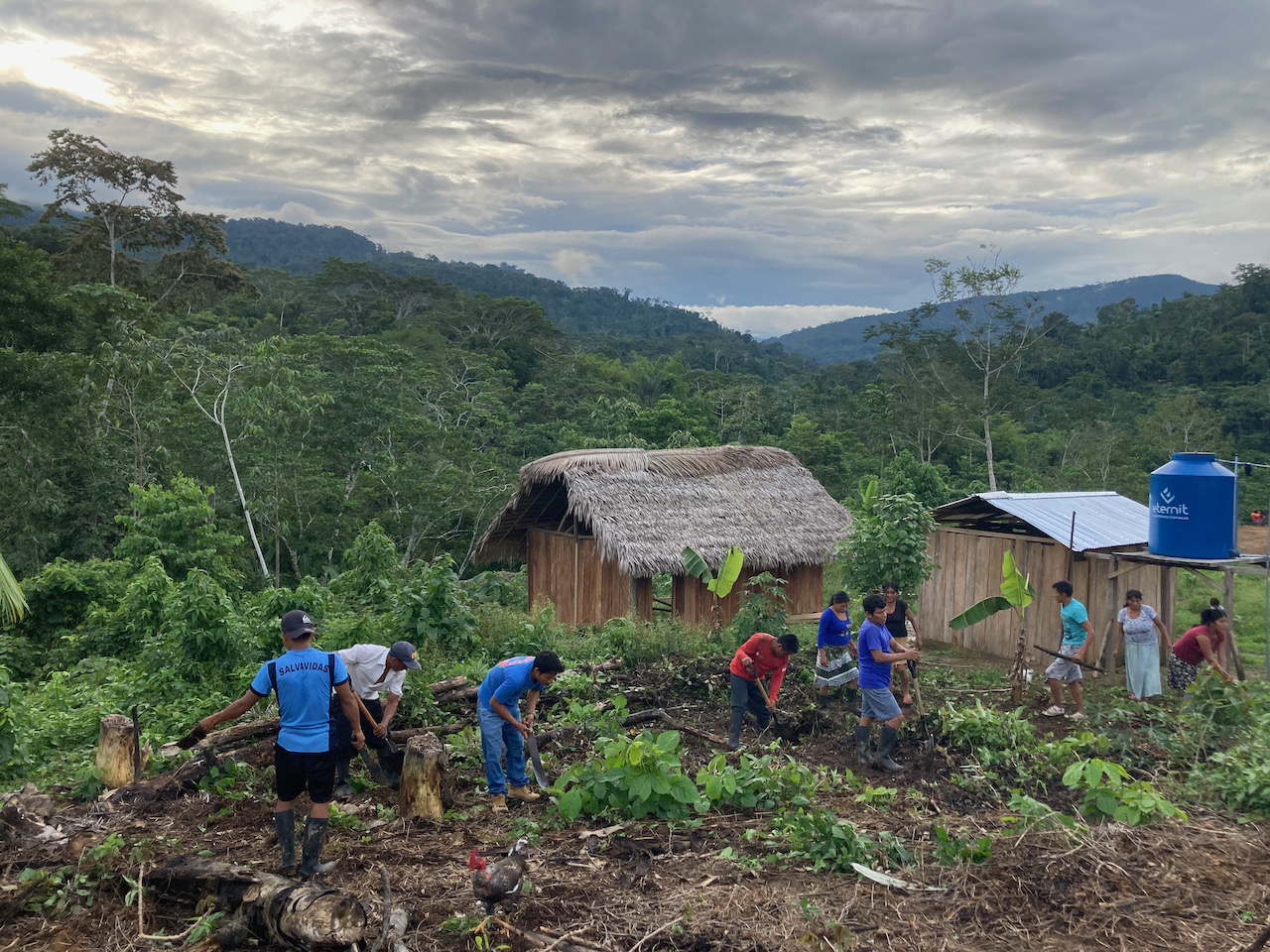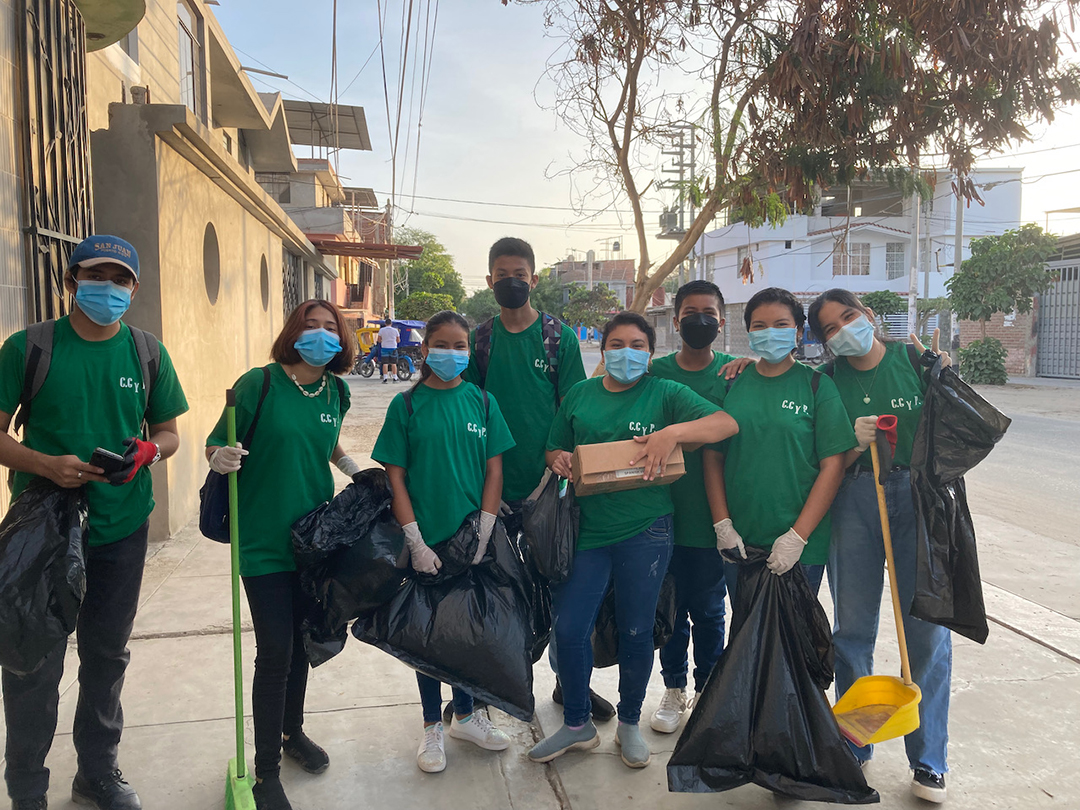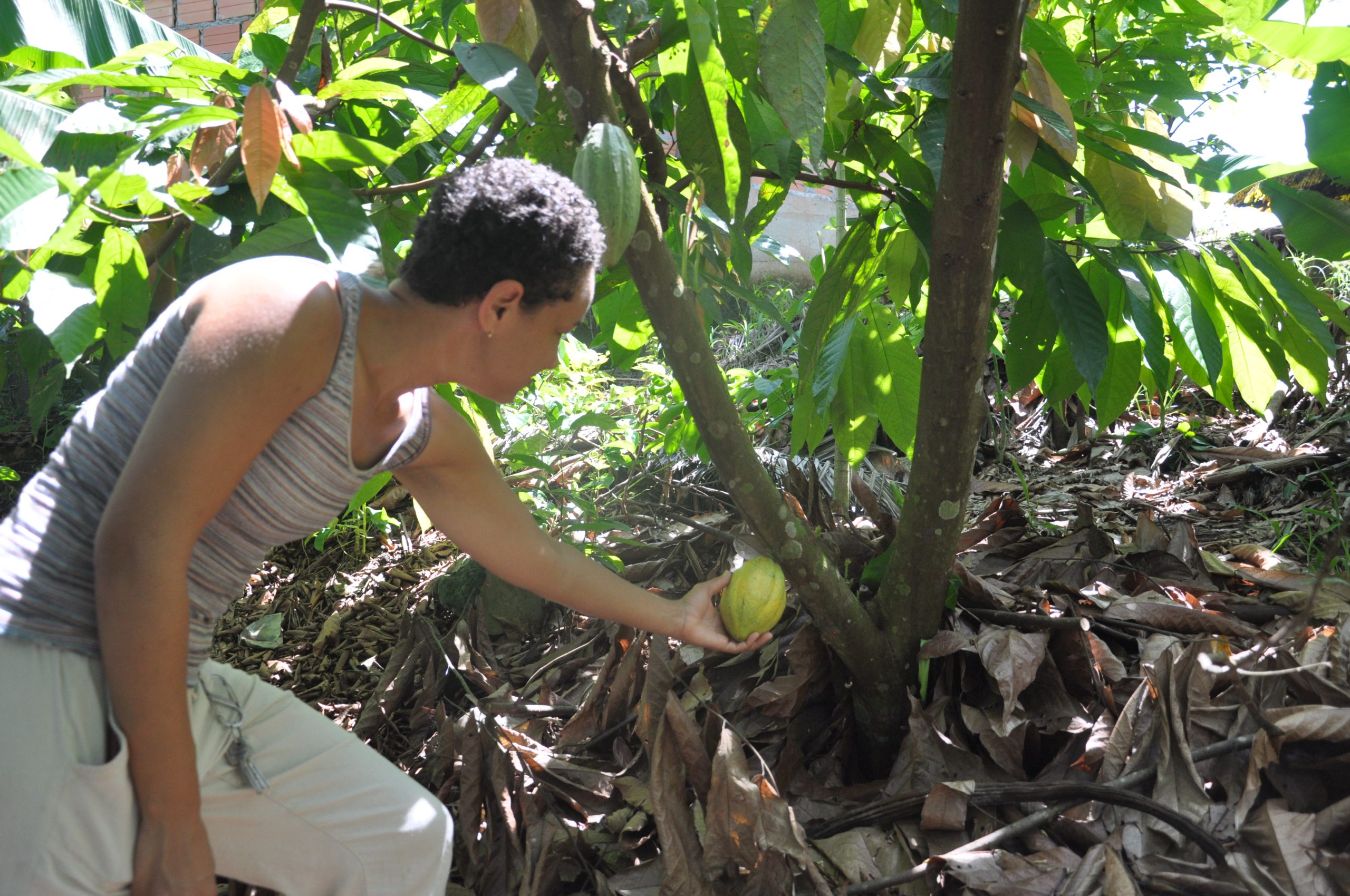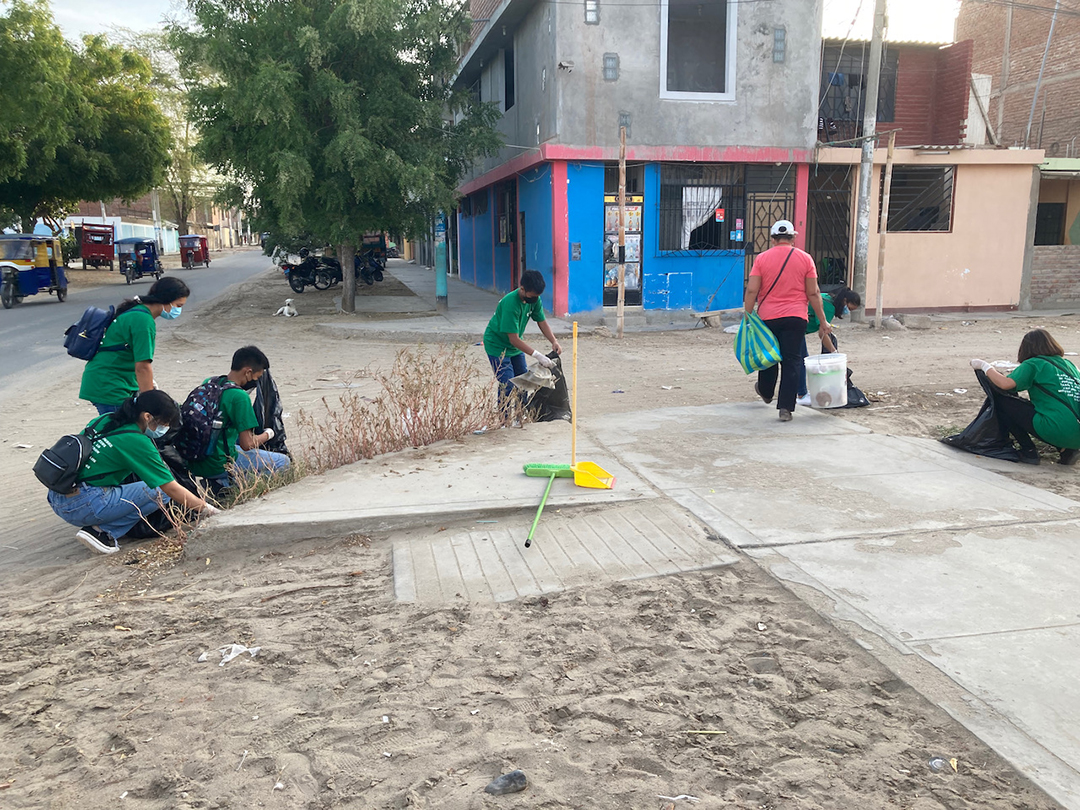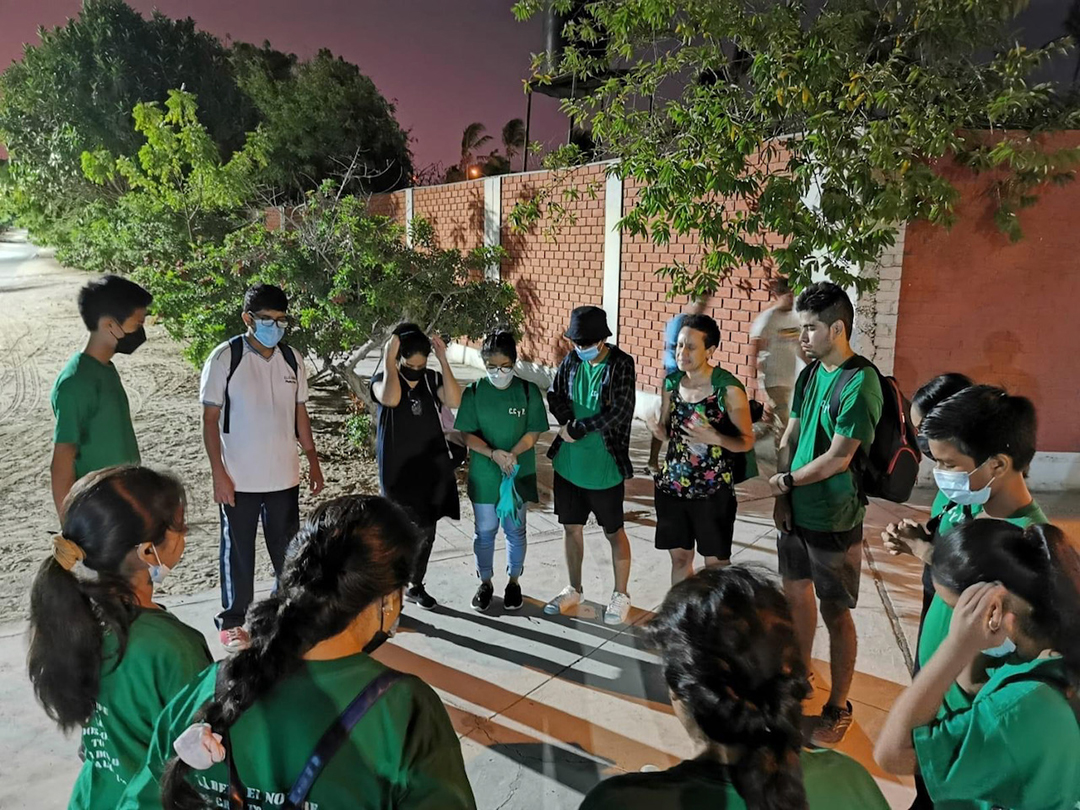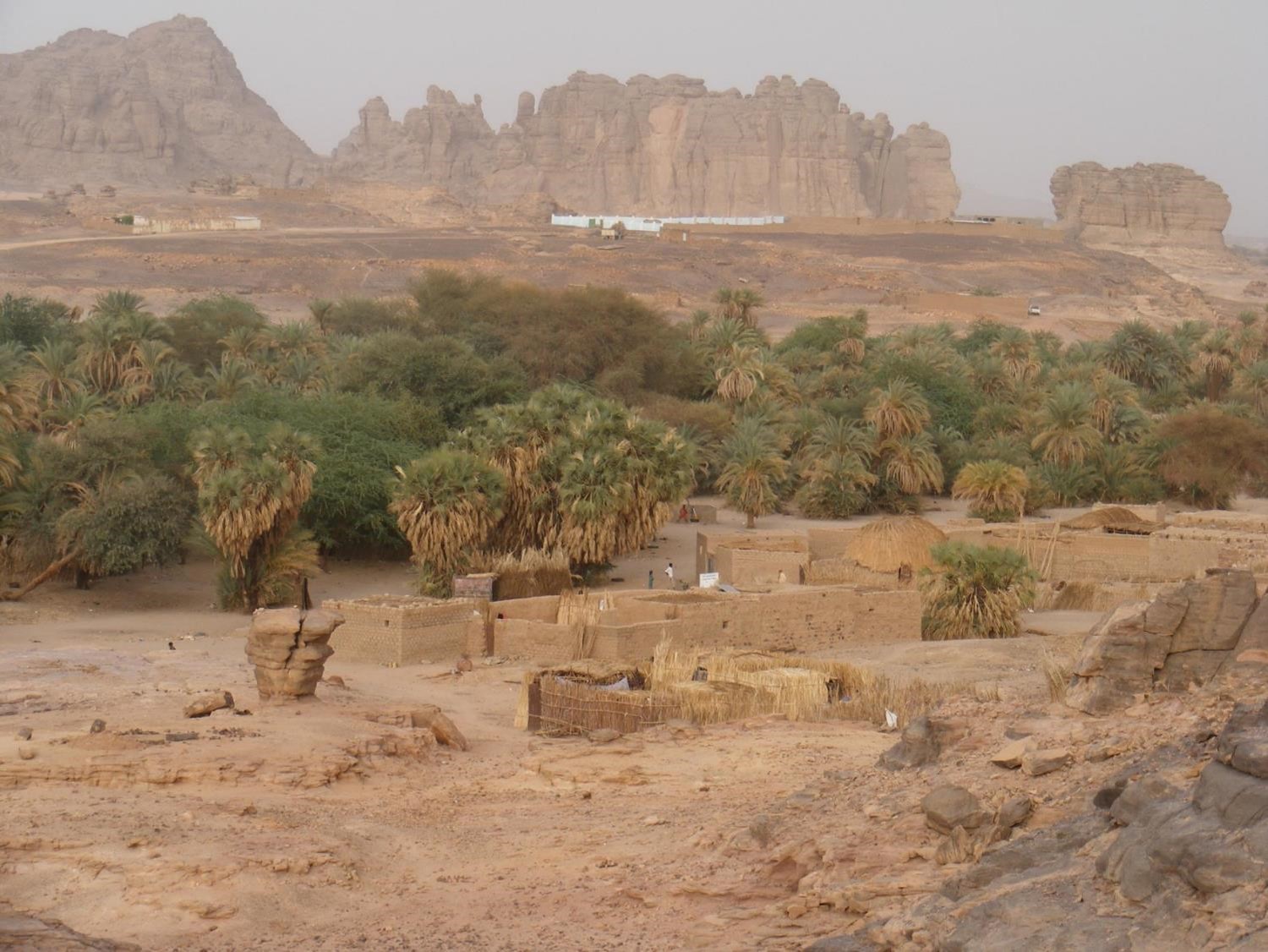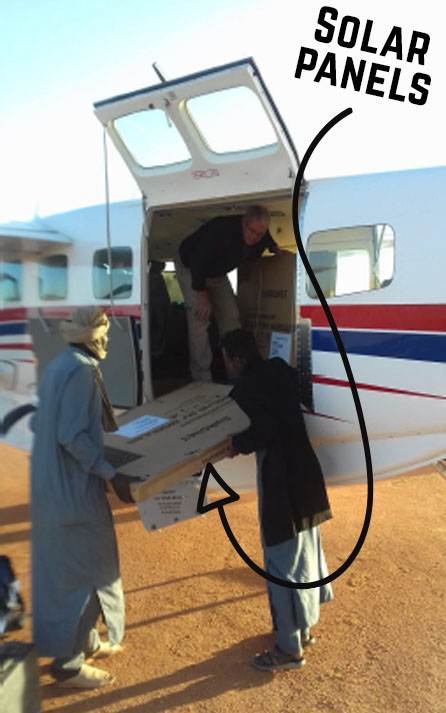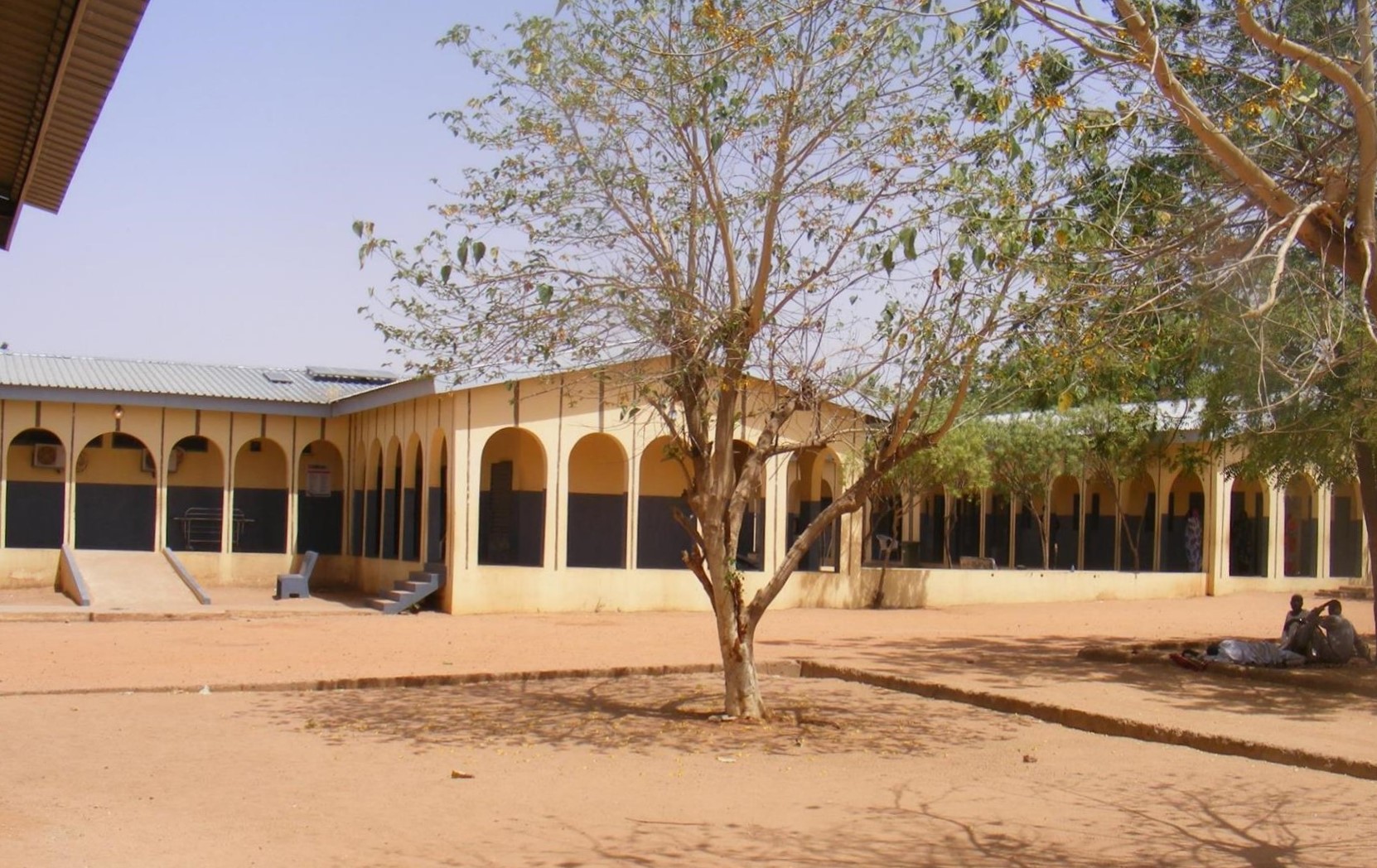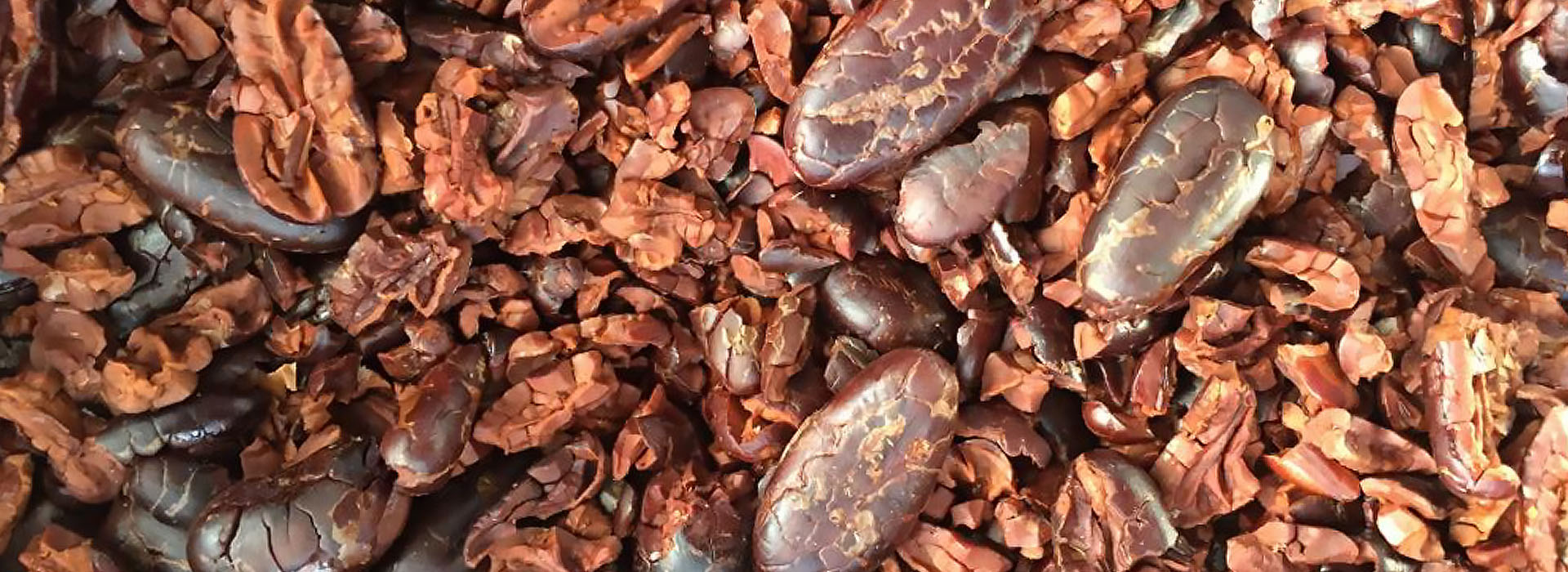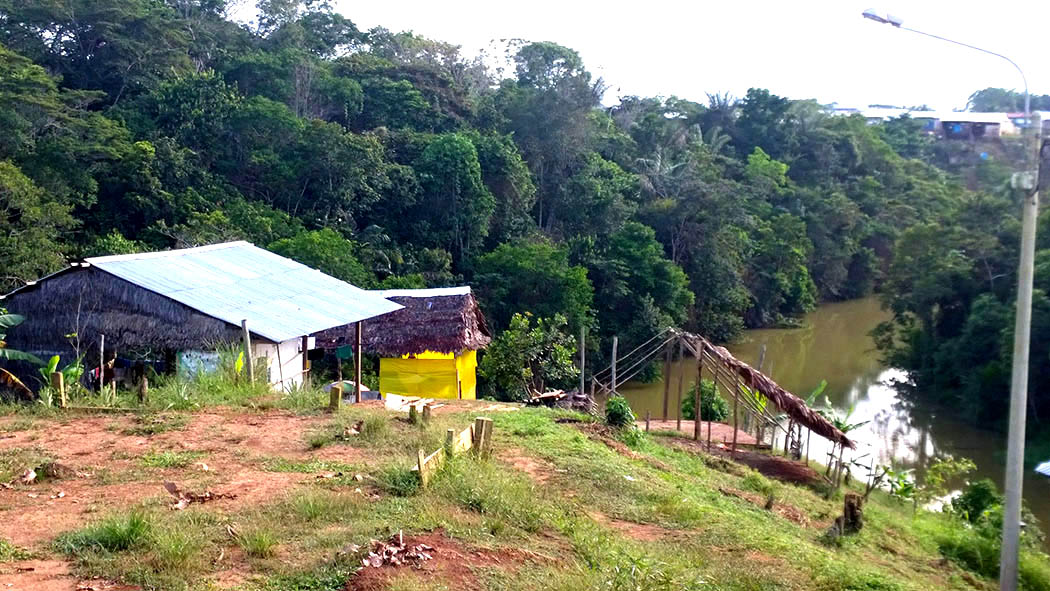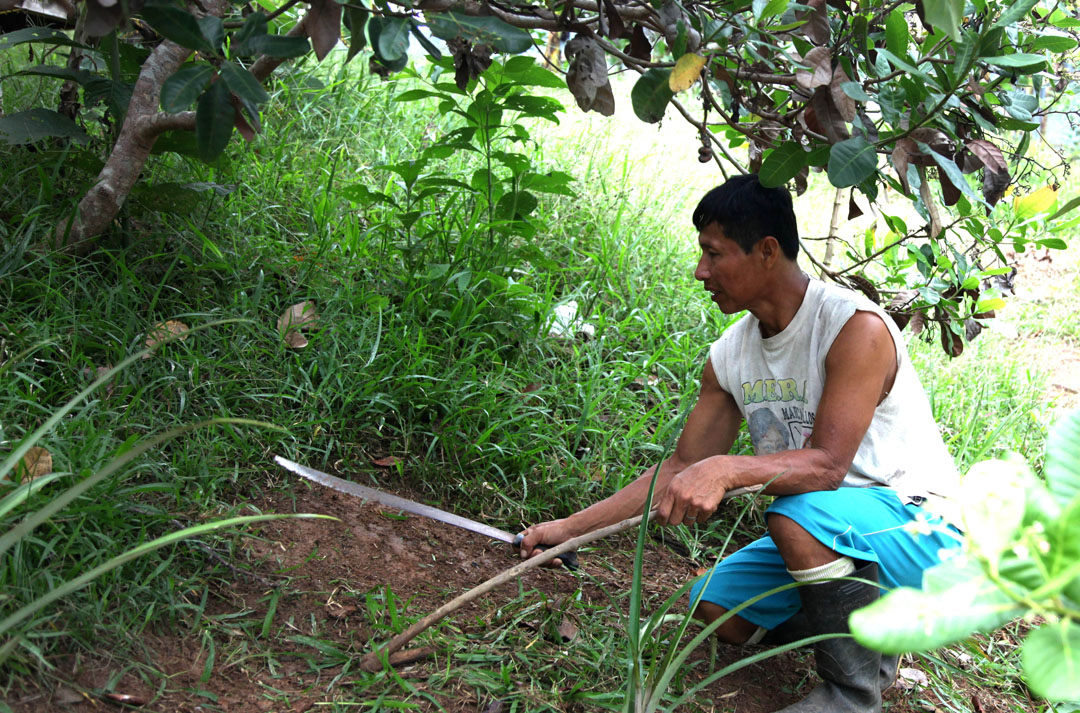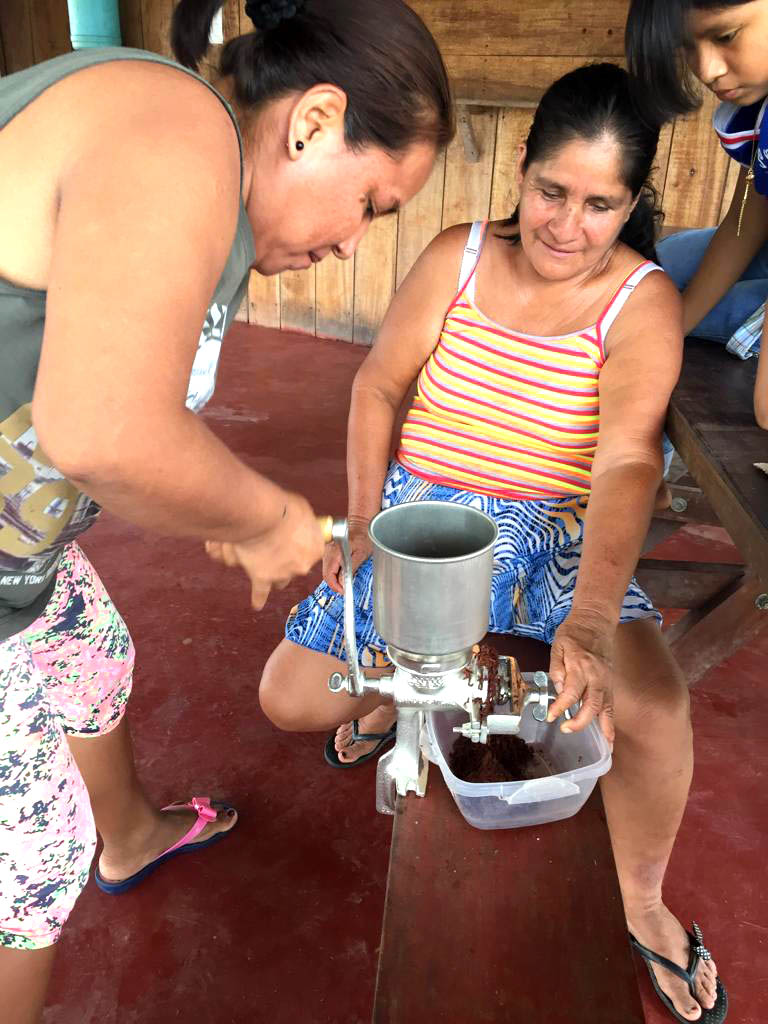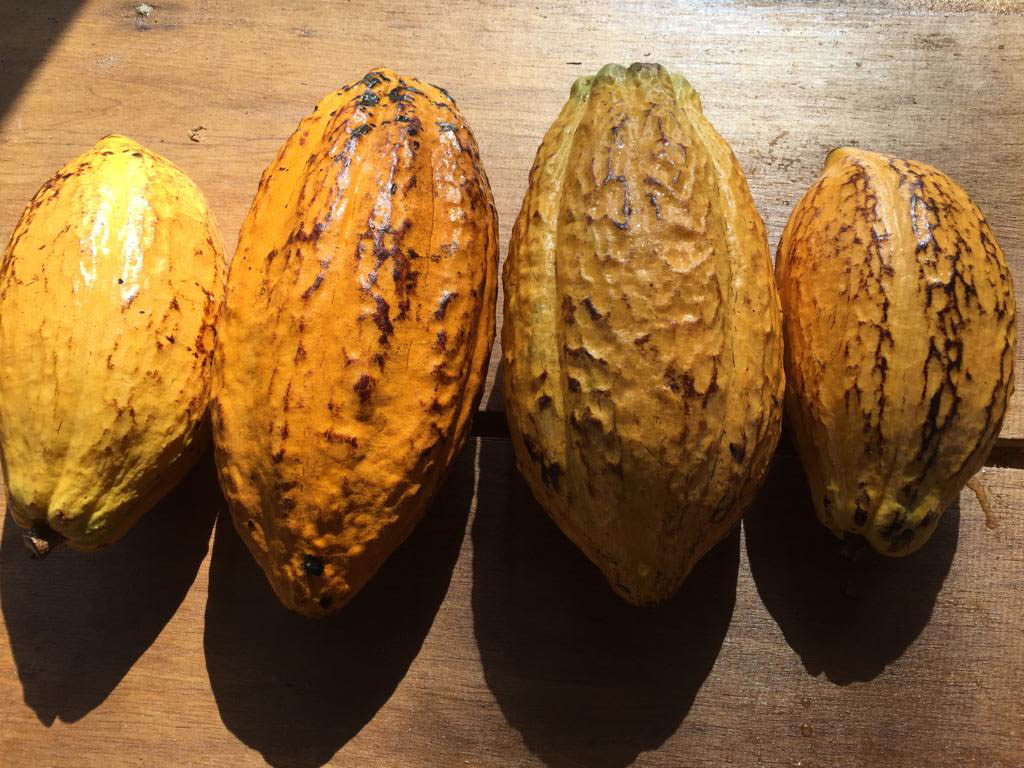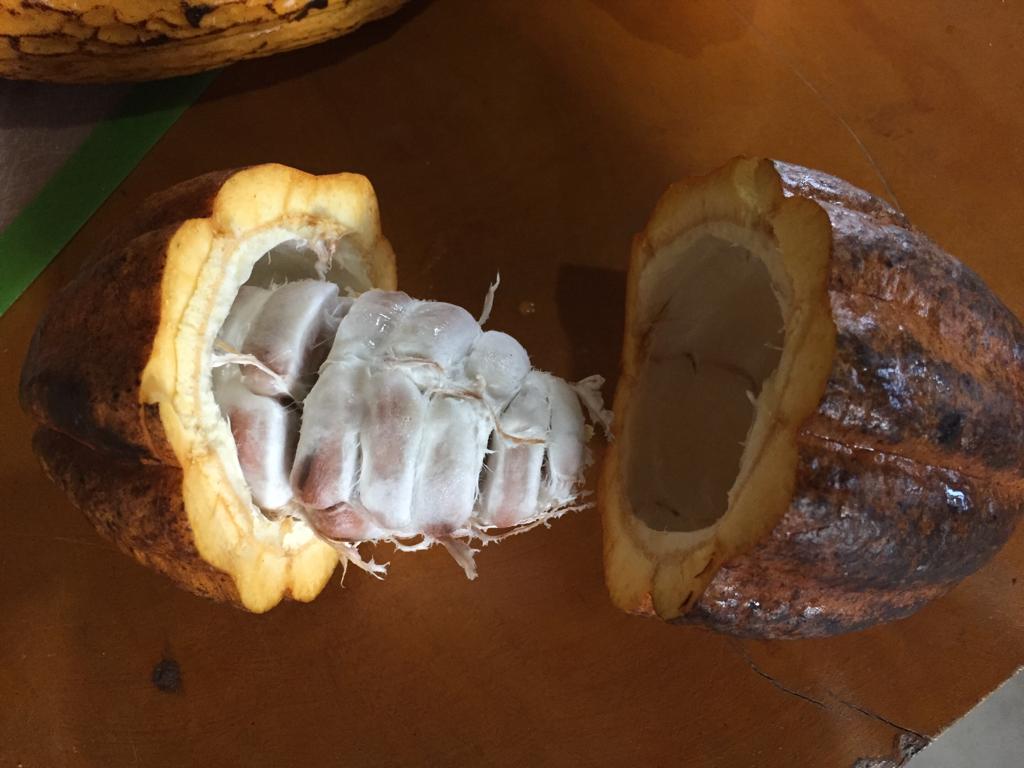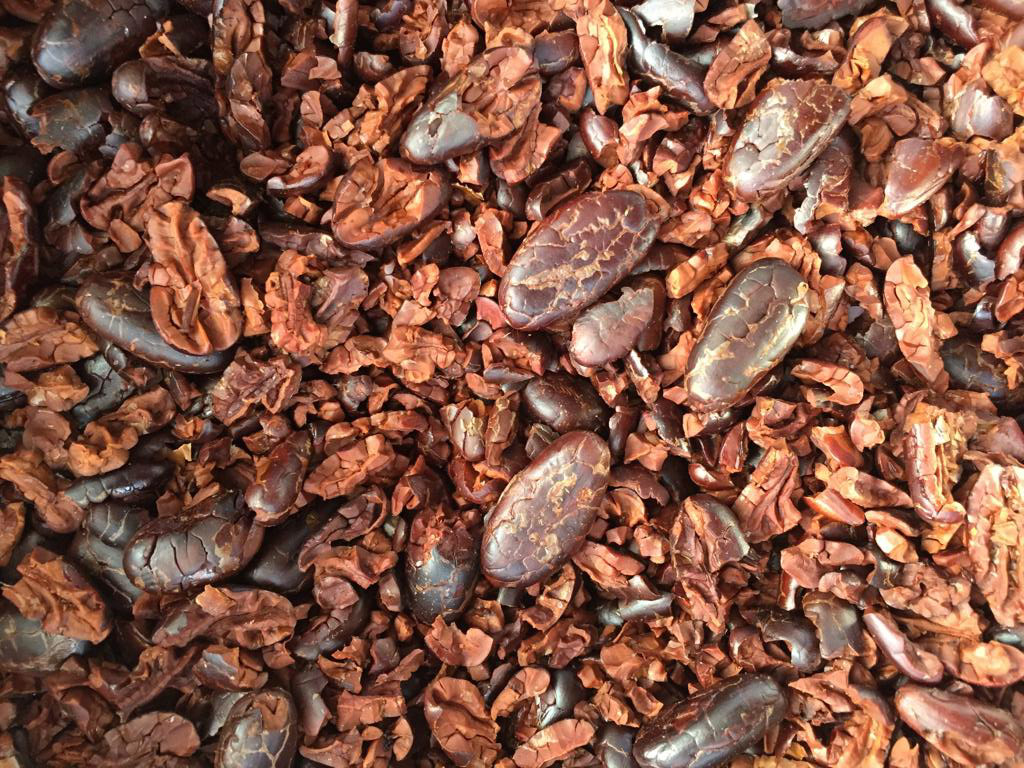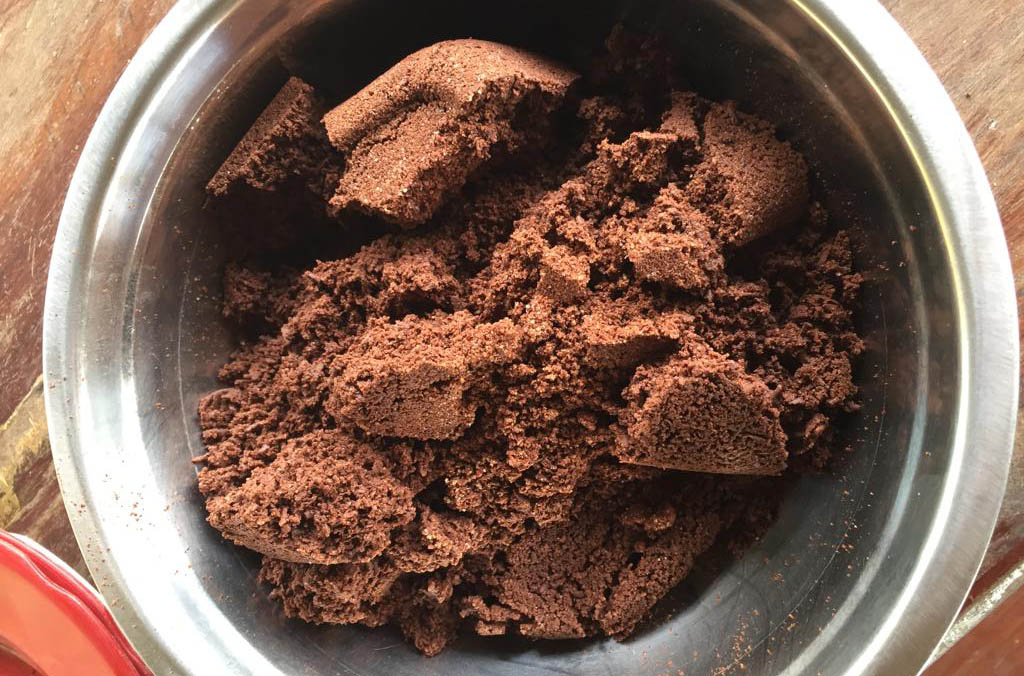Turning lament into an anthem
Turning lament into an anthem
On April 21, BMS World Mission will be joining Christian Climate Action at The Big One, to stand up for God’s creation. BMS’ Creation Stewardship Co-ordinator, Laura-Lee Lovering, shares her thoughts on transforming our laments for creation into action.
What if I told you that global warming, loss of biodiversity, ecological breakdown, all of these, were not the greatest threats to human existence? You might think I’m not the best fit for the title of Creation Stewardship Co-ordinator – but stick with me.
I’ve spent a lot of the last year and a half in my role – as well as the ten years before that spent serving with BMS in the Peruvian Amazon – facing the very real ways in which humanity has ship-wrecked rather than stewarded God’s creation. It’s something that is easier to deal with through compartmentalising, but which I’ve been learning to face head on with lament and repentance. It’s a crucial aspect of stewarding creation, especially for those of us in the privileged Global North, but it’s easy for repentance to become purely despair and self-deprecation. With lament there must always come hope – hope in our sovereign Lord, who has promised to conquer sin.
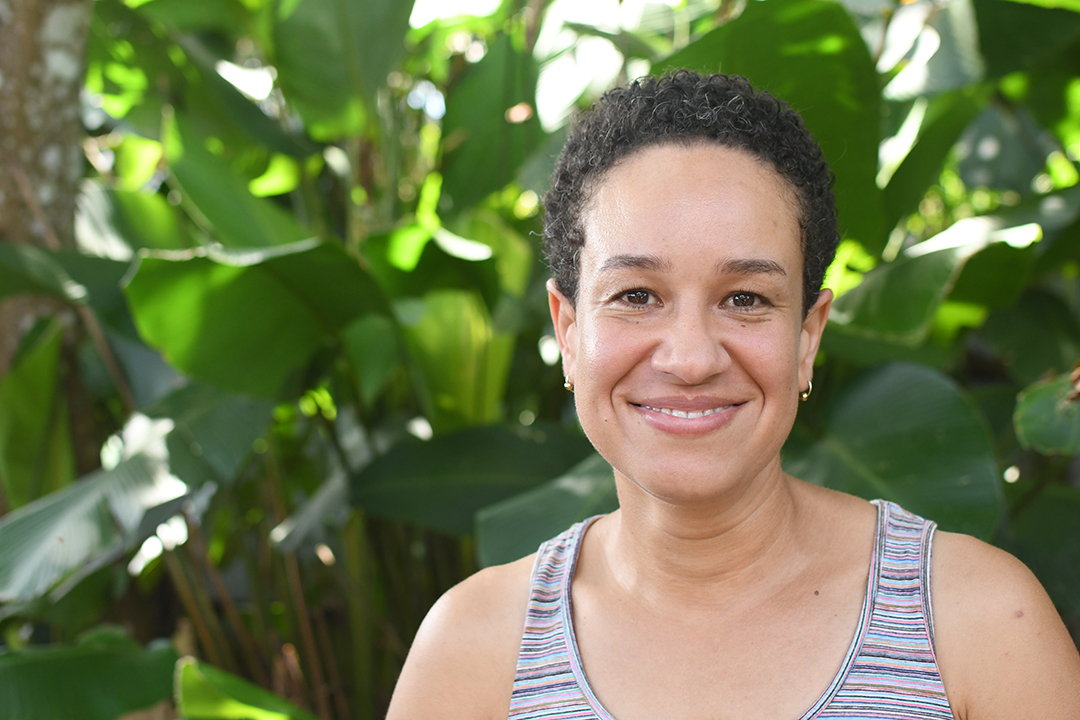
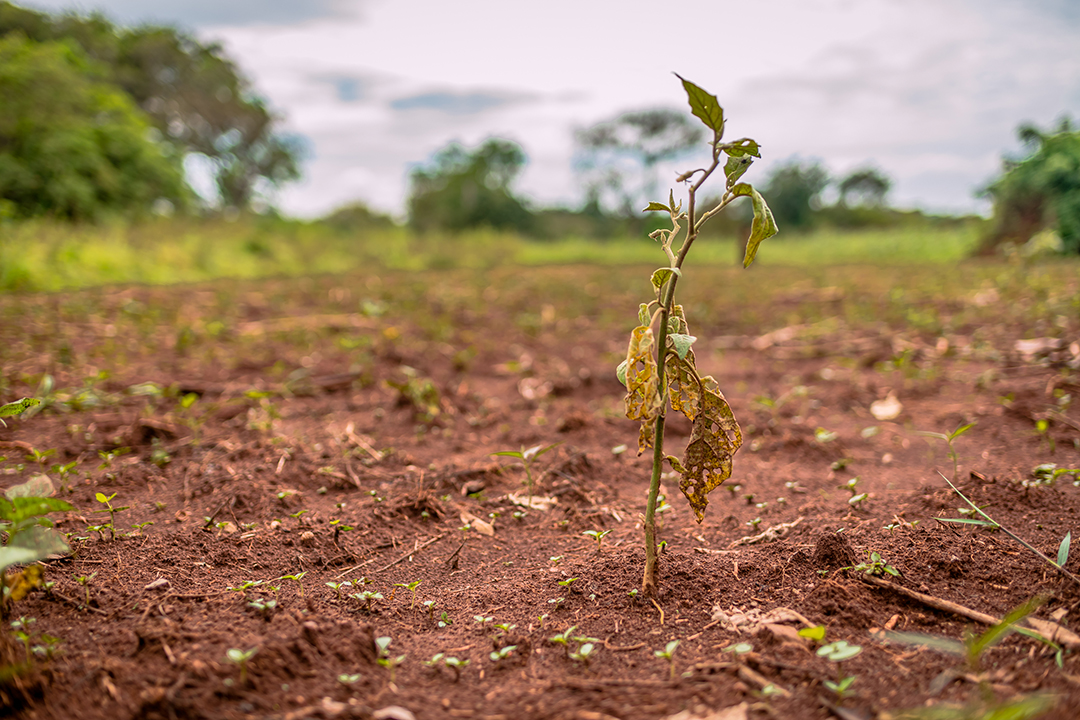
And there has to be a connection between the groaning of creation and the sin of humanity – the humanity that God charged with stewarding the creation is different from the humanity that has destroyed it. I am in no doubt that the true existential risk to human beings is not climate change, biodiversity collapse or environmental pollution. It’s sin. Not global warming, but sin. Not the extinction of the pollinators, but sin. Not microplastics showing up in human blood, but sin. It’s because sin is at the root of so much of our reasoning and behaviour – pride, greed and laziness, for starters. Statements like “we have eight years to save the world!”, referring to the cuts in global greenhouse gas emissions that are estimated to be required by 2030 to “keep us on track to limit global warming to 1.5 degrees”, need to be considered most soberly, I think, by Christians across the world.
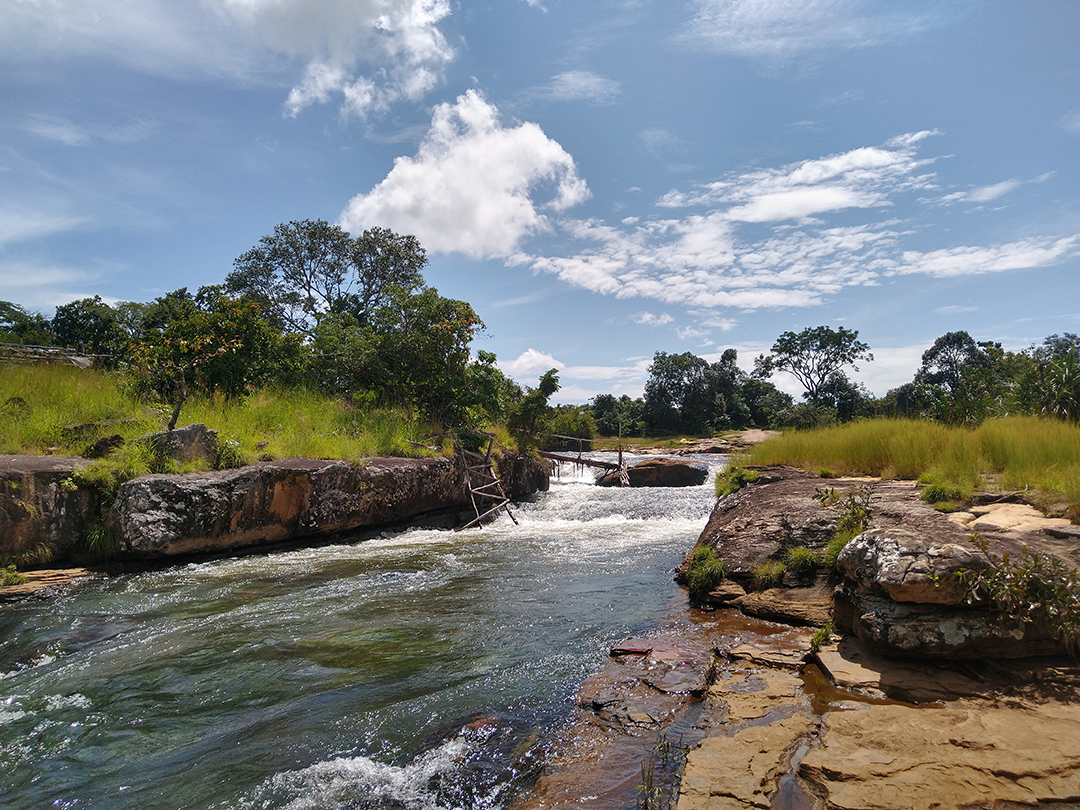
So what does that mean for us? Are we to passively sit back and wait for divine intervention to solve the environmental crises? The classic joke of the drowning man turning away two boats and a helicopter because God will rescue him comes to mind! In reality, God has already saved us in Christ and now we must take an active part in not only rejecting sin in our own lives, but also standing up for those suffering the injustices caused by sin – following in the footsteps of Jesus himself. Turning our lament for creation into a song of thanksgiving for our God, and into an anthem cry for those whose voices go unheard.
And it’s for this reason my UK colleagues at BMS will be joining Christian Climate Action (CCA) and many others at The Big One on 21 April (I’d be there myself if travel constraints allowed!). We see this as an opportunity to show that the Church’s light in the world has not gone out, nor has the salt of the earth lost its saltiness. This is our chance to stand in solidarity with those whose voices often go unheard, the oppressed, the real-life people who are suffering because of a world chained to overconsumption, greed and selfishness. And we would love it if you could join us there (not only to help us hold up our banner!). CCA is planning a pilgrimage to Parliament Square (you can find more details on their website) and the hope is to gather together 100,000 people in peaceful protest. So, if you’ve got a free day, why not consider meeting us there? And if you can’t make it on the day, you can always join me by praying while the pilgrimage is taking place. Give thanks to our God who is in control and through whose divine power we have been given everything we need to be good neighbours in a groaning world that he created for us all.
We would so love for you to join us in standing together for climate justice on Friday April 21. You can find out all the information about The Big One, and other ways your can get involved in the event, on the Christian Climate Action website. If you plan on joining us on the day, get in touch with Matty Fearon on mfearon@bmsworldmission.org to find out more details.


